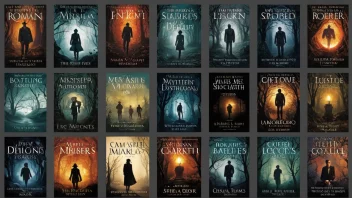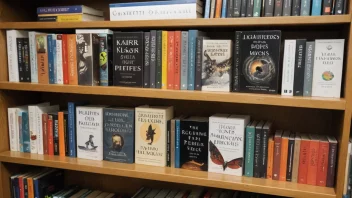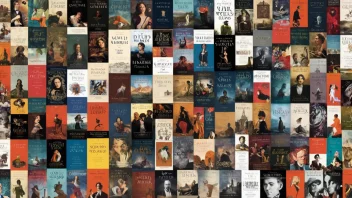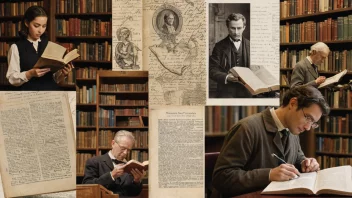Young adult fiction has long served as a mirror to the complexities of adolescent life, but in recent years, it has increasingly tackled the intricate issues of privilege and class. These themes resonate powerfully with young readers, encouraging them to engage in discussions about social justice, inequality, and identity. By delving into the lives of characters from various socio-economic backgrounds, authors are able to shed light on the nuanced ways privilege impacts relationships, opportunities, and self-perception.
One of the most significant aspects of young adult literature addressing class and privilege is its ability to create relatable characters who navigate challenging situations. In novels like The Hate U Give by Angie Thomas, readers are introduced to Starr Carter, a young girl caught between her affluent school life and her impoverished neighborhood. Starr’s experiences highlight the stark contrasts of her dual existence, allowing readers to grasp the weight of privilege and the complexities of racial identity. The book not only tells a compelling story but also encourages readers to confront their own biases and understand the systemic issues that contribute to inequality.
Similarly, books such as Little Fires Everywhere by Celeste Ng explore the intersection of privilege and motherhood. Through the lens of two families—one wealthy and one struggling—Ng examines the decisions made by both sides, illustrating how privilege influences choices and outcomes. This exploration serves as a reminder that privilege can manifest in various forms, affecting not just individual experiences but the lives of those around us.
Moreover, young adult fiction has the power to inspire empathy and critical thinking among its readers. When authors like Jason Reynolds and Elizabeth Acevedo craft narratives that incorporate themes of class struggle, they invite young readers to reflect on their own lives and the world around them. Stories that highlight the difficulties faced by those in lower socio-economic classes foster a deeper understanding of the challenges that come with financial instability, discrimination, and social exclusion.
In a world where discussions about privilege are becoming increasingly relevant, young adult fiction serves as an essential tool for education and awareness. It allows readers to engage with difficult topics in a safe and approachable manner. Books that tackle issues of privilege and class not only entertain but also provoke thought, encouraging young readers to consider their roles in perpetuating or challenging social norms.
As the landscape of young adult literature continues to evolve, it is clear that the exploration of privilege and class will remain a vital theme. These narratives challenge readers to think critically about their own lives and the systems that shape their realities. By fostering a love of reading and a commitment to social justice, young adult fiction has the potential to empower a generation.






